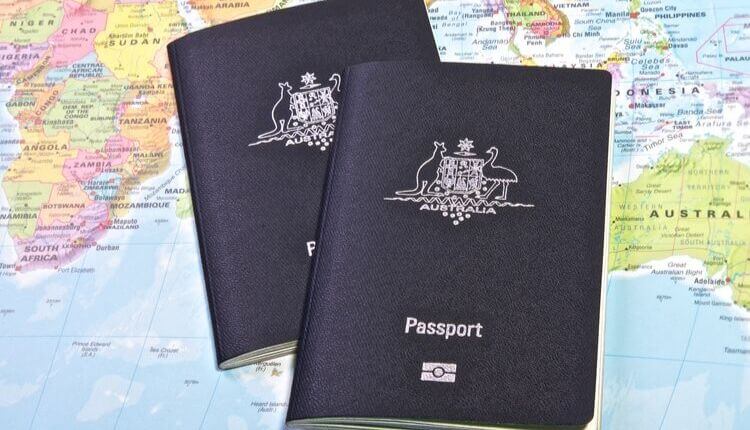
17 Sep Applying for a passport for a child without both parent’s consent
Applying for a passport for a child without both parent’s consent
An application for an Australian passport for a child has required the consent of both parents. However, for a variety of reasons, sometimes it is not possible to obtain the consent of both parents (especially if they are separated and not on speaking terms).
What if you can’t contact the other parent?
The Federal Magistrates Court in Re Childs Passport Application [2008] FMCAfam 1031 dealt with an application by a mother for a passport for the child. The consent of the father had not been obtained and the father had not been served with the application for a passport. The mother’s explanation for the failure to notify the father was that he lived in a foreign jurisdiction and had not shown any interest in the child.
The Australian Passports Act prevents the Minister from issuing a passport for a child unless there is parental consent OR there is a court order requiring the issuing of a passport. However, the Australian Passports Act also provides for a specific administrative process whereby the Minister can, in certain circumstances, issue a passport when there has not been consent from both parties. It was this process that the mother in the current case had failed to employ.
The Court, therefore, dismissed the mother’s application for an order requiring the issuing of a passport. The Court, in this case, set out in a concise form the steps that need to be undertaken for a party to obtain a passport for a child (see below).
What should you do to get the child’s passport if you can’t get the other parent’s consent?
-
Administrative procedure to try to avoid going to court
If you cannot get consent of the other parent, then you should make an application to the Minister and request an administrative decision be made on the application by also completing an additional form provided by the Department of Foreign Affairs and Trade titled “Child without full parental consent or Australian court order permitting international travel”. There are, however, certain circumstances where such an application may not be made:
- when the other person is objecting to the issue of a passport;
- if there are court orders restraining the child’s travel, such as an airport watchlist order; or
- there is another good reason why the administrative process would not provide an appropriate remedy; or
- the administrative process has resulted in a refusal to issue a passport.
When the minister is considering the application, various factors may be looked at, including the following which is not exhaustive:
- whether the non- consenting parent has been located or what attempts have been made to locate the parent;
- if the non- consenting parent is missing and presumed dead;
- if the non- consenting parent is medically incapable of providing consent;
- if there has been no contact (telephone, in person, mail, electronic), between the child and the non- consenting parent for a substantial period;
- if the non- consenting parent is not an Australian citizen, separated from the other parent prior to the parent arriving in Australia and hasn’t had contact with the child since the child’s arrival in Australia;
- if there is a family violence order against the non- consenting parent.
-
If the Administrative Procedure is not successful then go to Court
If the administrative process of the application to the minister has been unsuccessful, then the applicant has recourse to make an application to the Court. Efforts, however, need to be made to locate and notify the other parent of the application, or evidence must be provided as to why an order for substituted service or dispensation of personal service of the application is required.
General principals for seeking a child’s passport without the other parent’s consent
This decision in Re Childs Passport Application [2008] FMCAfam 1031 is important for two reasons:
- The first is that it makes it abundantly clear that the court will not, where there are no extraordinary circumstances, make an order for a passport to be issued unless the administrative process of ministerial review has been followed.
- The second is that in the event an application to the court is required, not only must the parent/party making the application explain to the court why the administrative process was not appropriate; they must also ensure they have attempted to bring the application to the attention of the other parent/party or adequately explain to the court why this has not been done.
Getting expert family law legal advice before starting the administrative process or court application is crucial. This advice needs to be obtained well prior to the proposed dates of travel and not at the last minute. Without such advice, you could be faced with the need to make an urgent application to the Court whilst your travel plans are in disarray.
Where do I stand?
Book a call to talk to a lawyer.
